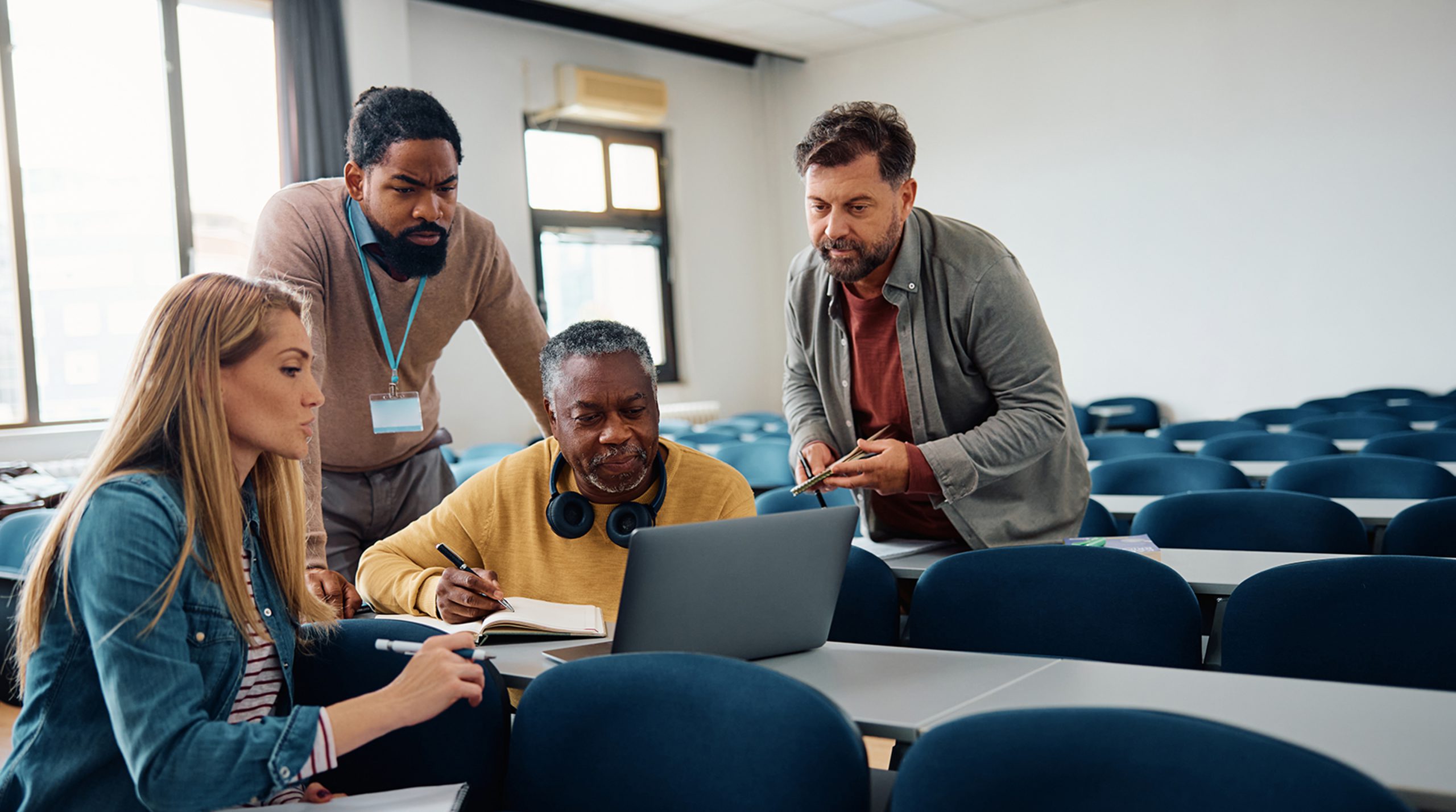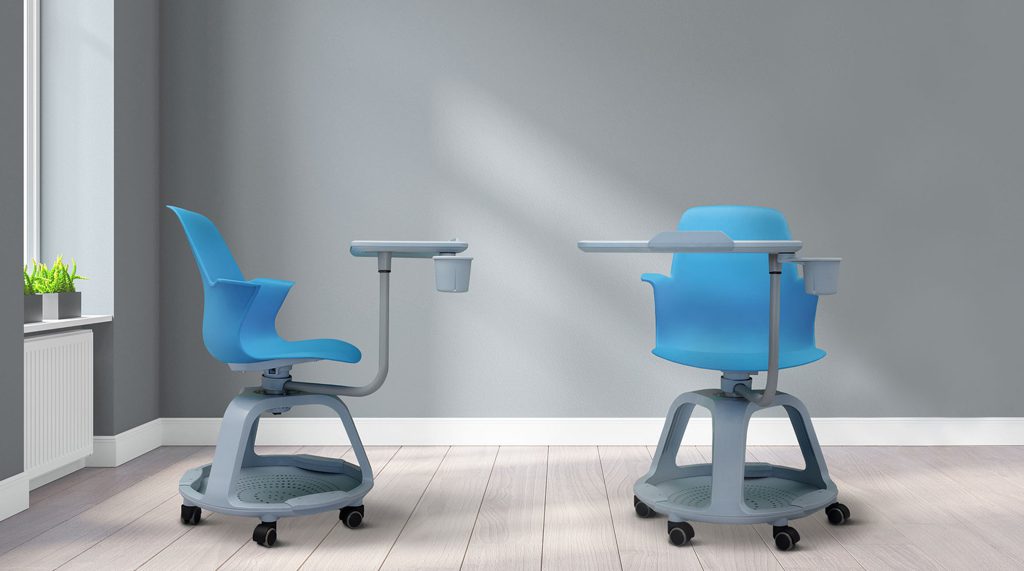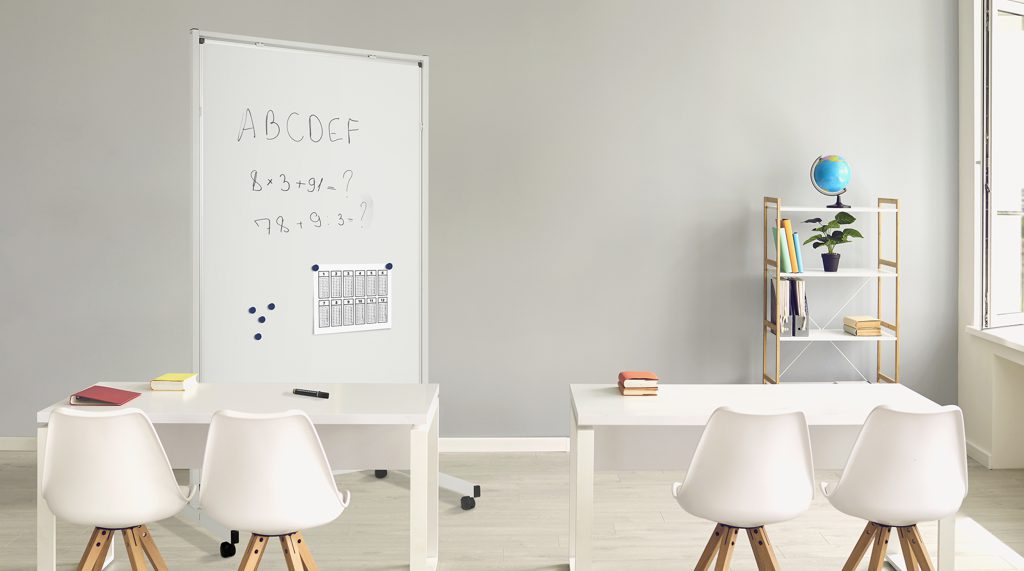
The pursuit of knowledge knows no bounds. As individuals find themselves with more free time than ever before, they are increasingly turning to lifelong learning as a means of personal enrichment and professional advancement. What was once considered a luxury reserved for the young is now becoming a necessity for individuals of all ages and backgrounds.
Lifelong learning is more than just a trend; it's a mindset—a commitment to continuous growth and development that extends far beyond the confines of traditional education. With advancements in technology and the widespread availability of online courses and resources, learning has never been more accessible or convenient. Whether it's mastering a new language, acquiring technical skills, or delving into a new field of study, the possibilities are endless.
According to Mckinsey, from 2011 to 2021, the number of learners attending massive open online courses (MOOCs) increased from 300,000 to 220 million. Between 2012 and 2019, the number of hybrid and distance-only students at traditional universities increased by 36%, while COVID-19 accelerated that growth by an additional 92% in 2020.
One of the driving forces behind the surge in lifelong learning is the desire for self-improvement. People are no longer content to remain stagnant in their careers or personal lives; they crave opportunities for growth and exploration. Lifelong learning provides a pathway to self-discovery and fulfilment, allowing individuals to pursue their passions and interests with newfound vigour.
Moreover, lifelong learning has become increasingly important in the context of the modern workforce. In today's competitive job market, employers are looking for candidates who possess not only technical skills but also a willingness to adapt and learn. By investing in further education, individuals can enhance their skill sets, stay ahead of industry trends, and position themselves for better job opportunities and career advancement. As people invest more time and resources into furthering their education, they are turning to tools and technologies that support their journey towards continuous learning and development. A new generation of training products designed to meet the evolving needs of learners. From interactive flat panels to videoconference cameras, mobile writing surfaces to ergonomic chairs with castors, these tools are revolutionizing the way we engage with learning content and collaborate with others.
Interactive flat panels serve as the centrepiece of modern learning environments, providing a dynamic and immersive platform for delivering educational content. With touchscreen capabilities and interactive features, these panels enable educators to create engaging and interactive lessons that cater to diverse learning styles. Whether it's annotating diagrams, solving problems collaboratively, or conducting virtual experiments, interactive flat panels empower learners to take an active role in their education.

Videoconference cameras have become essential tools for connecting learners across geographical boundaries, enabling virtual collaboration and communication. With high-definition video and crystal-clear audio, these cameras bring remote participants into the classroom, allowing for real-time interaction and engagement. Whether it's connecting with guest speakers, participating in virtual field trips, or collaborating with peers from around the world, videoconference cameras facilitate meaningful connections and broaden the scope of learning opportunities.

Mobile writing surfaces offer flexibility and versatility in learning spaces, allowing educators to transform any area into a collaborative workspace. Whether it's brainstorming ideas, working through problems, or capturing group discussions, mobile writing surfaces provide a blank canvas for creativity and collaboration. With the ability to easily move and reconfigure the layout of the learning environment, educators can adapt to the changing needs of the group and foster a dynamic and interactive learning experience.

Ergonomic chairs with castors take comfort and functionality to the next level, offering a versatile seating solution for flexible learning environments. With built-in tables and storage compartments, these chairs provide a convenient and space-saving solution for learners on the go. Whether it's participating in group discussions, working on individual projects, or collaborating with peers, ergonomic chairs with castors offer comfort, convenience, and mobility.

Incorporating these innovative training products into learning environments not only enhances the learning experience but also fosters a culture of lifelong learning and collaboration. By providing learners with access to tools and technologies that support their educational journey, educators can empower them to reach their full potential and thrive in today's knowledge-driven society.
Know more about engaging and collaborative training products @ our webpage www.bibright.com


